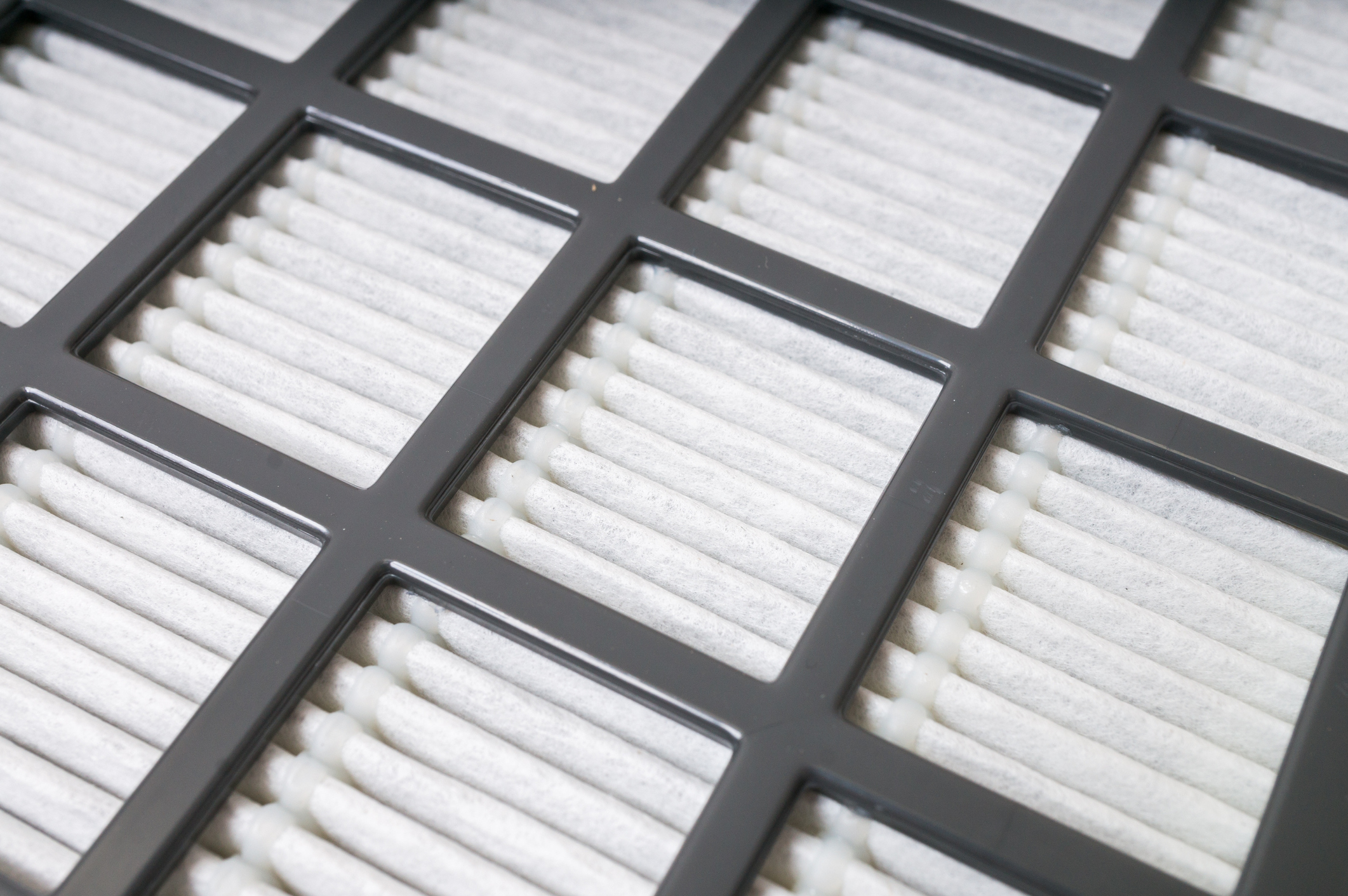Air purifiers, once a bit of a curiosity among ultra health-conscious individuals, have become mainstream, as more homeowners snap to the fact that the airtight construction of their homes is contributing to greater levels of airborne pollutants. These levels are much greater, in fact, than the level of pollutants found in outdoor air.
But before you go out and plop your money down for an air purifier, it's good to know something about the different pollutants in your home, and the technology needed to corral them. Here's the latest on HVAC air purifiers.
Airborne Pollutants
Among the airborne pollutants you may have in your home are these:
Pet dander
Viruses
Bacteria
Pollen
Volatile organic compounds
Cigarette smoke
Dust and dirt
Dust mites
These pollutants can all aggravate allergies, trigger asthma attacks and cause other problems for those who are sensitive to them.
Improving Indoor Air Quality
While the best way to control airborne pollutants is to eliminate them at their source, air purifiers can help.
One of the best air purifiers is the flat media filter in your HVAC system -- that is, if you use a good quality, pleated filter. These should be changed regularly to effectively trap dirt, dust, pollen, pet dander and dust mites. Electrostatic filters may also help, although the collector plates have to be washed now and then or they can't trap particles effectively.
Ultraviolet germicidal irradiation (UVGI) filters are lights installed in HVAC ductwork and near the coils. They can help dispatch bacteria and mold. The lights must be changed every couple of years.
Activated carbon filters are helpful for absorbing tobacco smoke and VOCs from the air. These may be used in a separate unit, or installed in an HVAC system.
If you don't have an HVAC system, you might choose a portable air purifier, with either a flat media-type or electrostatic filter. Some portable models use extremely effective HEPA (high efficiency particulate air) filters, which are too dense for your HVAC system. The drawback is these HEPA filters are quite expensive.
For more on HVAC air purifiers, contact Air Assurance of Broken Arrow.

